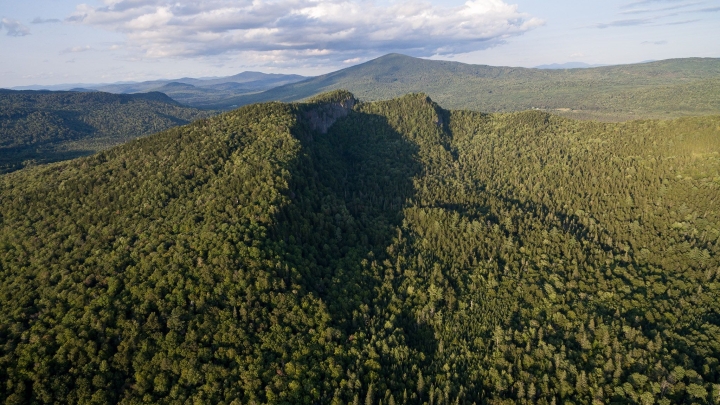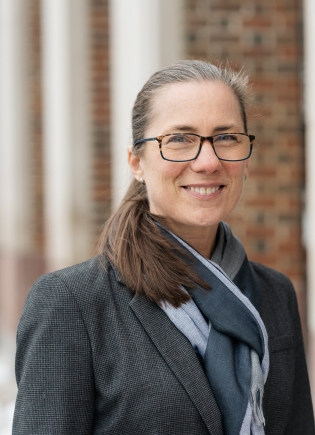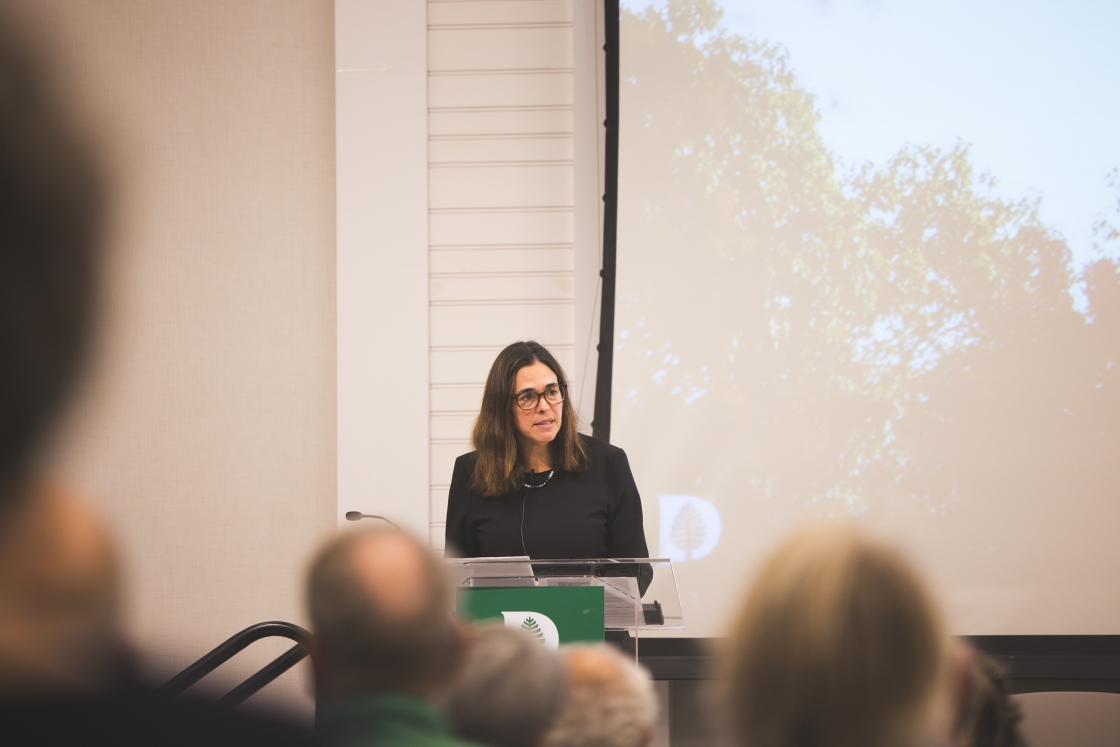Dartmouth Climate Collaborative
The collaborative will connect, strengthen, and leverage Dartmouth’s existing work on climate and sustainability. We will invest more than $500 million in climate-related capital improvements, with campus becoming a living lab as the projects become drivers of new research, teaching, and collaboration. Greener together.
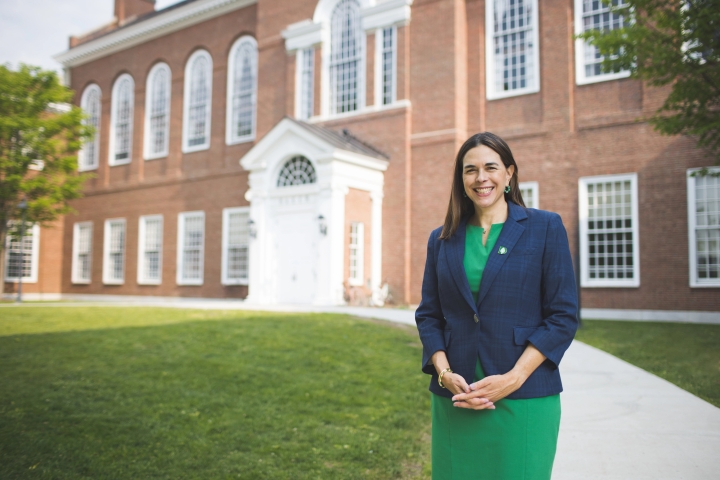
Read President Beilock’s Announcement
“As a leading research university, our responsibility to address climate change goes far beyond the carbon footprint on campus,” President Sian Leah Beilock says.
Climate Initiatives

The Climate Futures Initiative will capitalize on Dartmouth’s extraordinary community of scholars and students and our unique sense of place in rural New Hampshire to maximize our academic impact on climate-related issues.
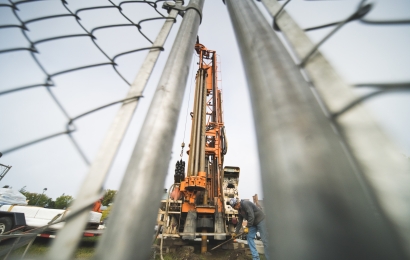
Dartmouth is committed to reaching carbon zero operations by 2050. To reach that goal, we must reshape how we heat, cool, and power our campus.
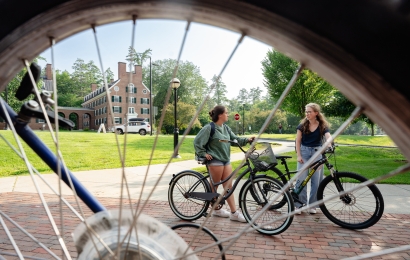
The Sustainability Office takes on the human and environmental problems of a rapidly changing planet through hands-on learning, building inclusive community, supporting research and teaching, and transforming campus operations.
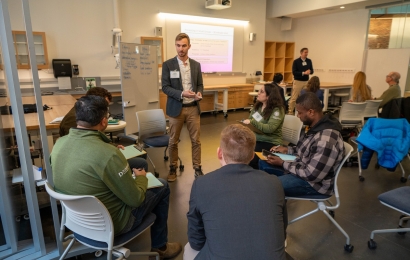
The climate accelerator for entrepreneurs from the Arthur L. Irving Institute for Energy and Society and the Magnuson Center for Entrepreneurship is helping sustainability-minded startup leaders turn bright ideas into marketable products and processes.

IAS is Dartmouth’s crossroads for multidisciplinary Arctic scholarship and dialogue about global policy.
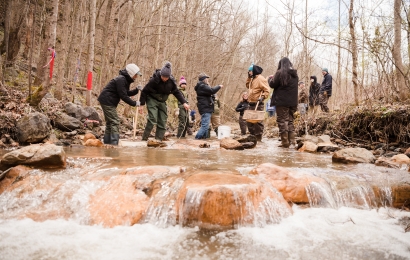
The institute is developing the next generation of energy experts, leaders, and citizens to advance an affordable, sustainable, and reliable energy future for the benefit of society.

This cross-departmental research theme focuses on the study of past and modern climate change from a regional and global perspective, including the impacts on glaciers and sea-level rise.

Energy engineering research addresses strategic challenges informed by awareness of societal needs and opportunities. Ongoing investigations include the areas of biomass energy, energy materials and systems, power electronics, and sustainable design.
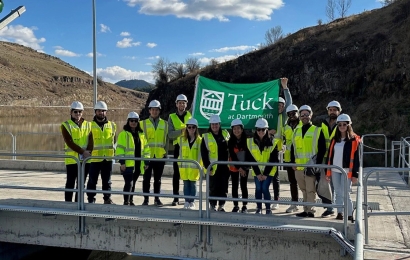
Regardless of their industry, tomorrow’s wise leaders will need to make informed energy, climate change, and sustainability decisions that drive innovation for a sustainable future.
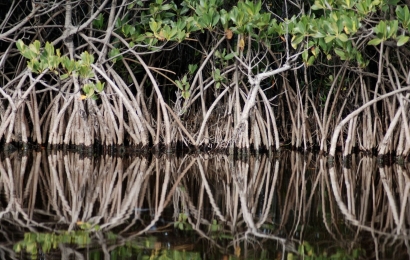
The interdisciplinary field asks humanists to join forces with scientists, engineers, and leaders outside the academy—politicians, activists, and entrepreneurs—to address shared environmental concerns and to propose thoughtful and informed solutions.

A hybrid seminar series from Dartmouth Engineering highlights research related to ice and climate, building a community for researchers in the field that is supportive and inclusive.
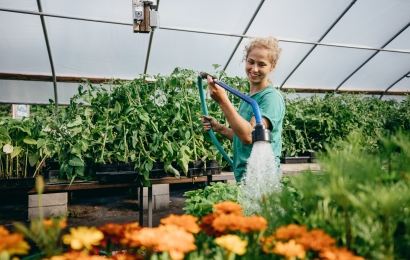
A hub for experiential and interdisciplinary learning, the farm is home to an educational working garden, faculty and student research, independent projects, labs and classes, and an ecosystem that engages students in learning about sustainable food and energy systems.
